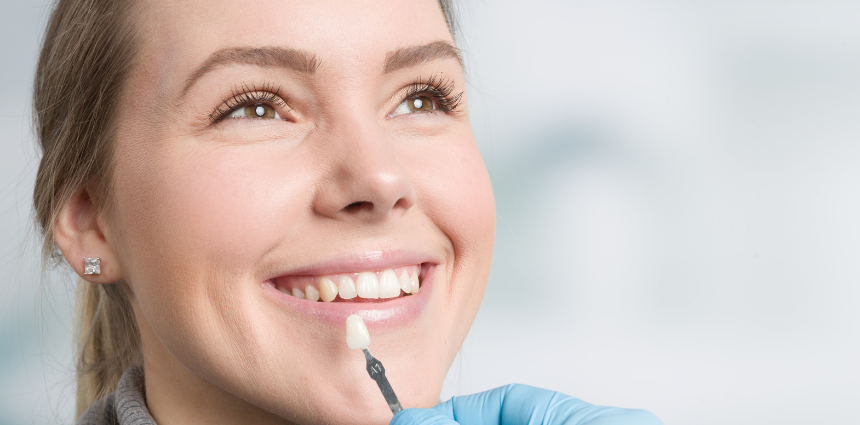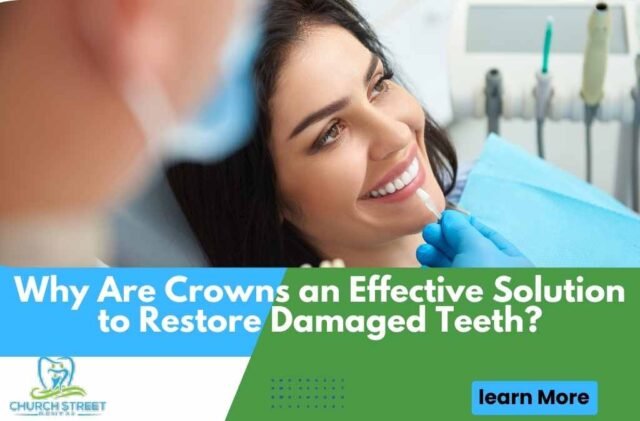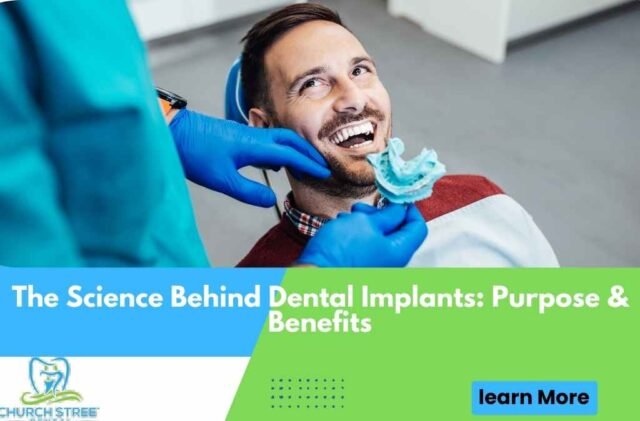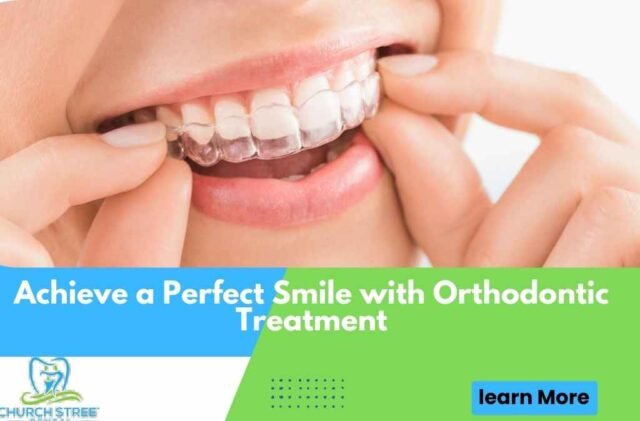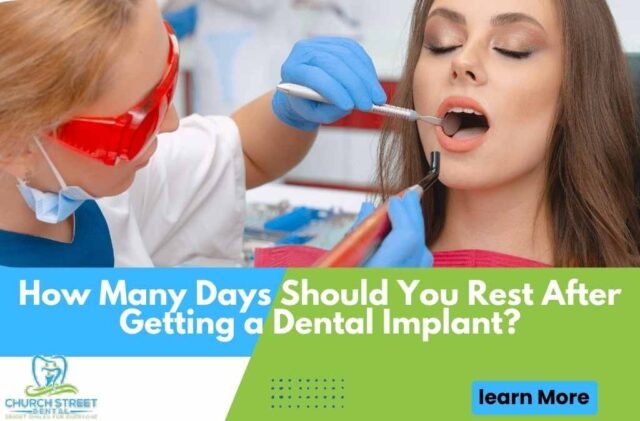Porcelain veneers are an excellent option for achieving a flawless smile. These thin, custom-made shells cover the front surface of teeth, improving their appearance significantly. However, like any dental investment, they require proper care and maintenance to ensure their longevity and keep your smile looking its best. In this comprehensive guide, we will cover everything you need to know about taking care of your porcelain veneers.
How to Care for Porcelain Veneers
Taking care of your porcelain veneers is essential to maintain their appearance and functionality. Proper care involves a combination of daily hygiene practices and regular visits to your dentist. Here’s how you can ensure your veneers stay in excellent condition:
- Brush and Floss Regularly: Just like your natural teeth, porcelain veneers need to be brushed and flossed at least twice a day. Use a soft-bristle toothbrush to avoid scratching the veneers and fluoride toothpaste to prevent cavities on the natural teeth underneath.
- Use Non-Abrasive Toothpaste: Abrasive toothpaste can damage the surface of your veneers. Opt for non-abrasive toothpaste that is specifically formulated for use with veneers.
- Avoid Staining Foods and Drinks: Foods and beverages like coffee, tea, red wine, and berries can stain your veneers over time. If you do consume these, rinse your mouth with water immediately afterward to minimize staining.
- Visit Your Dentist Regularly: Regular dental check-ups are crucial for maintaining your veneers. Your dentist can clean and polish your veneers, making them look as good as new.
Daily Care Routine for Porcelain Veneers
Establishing a consistent daily care routine is vital for the longevity of your porcelain veneers. Here’s a step-by-step guide to maintaining your veneers daily:
- Morning Routine:
- Brush your teeth with a soft-bristle toothbrush and non-abrasive toothpaste.
- Floss carefully, making sure to remove any food particles between your teeth and veneers.
- Rinse with an alcohol-free mouthwash to keep your breath fresh and kill bacteria.
- After Meals:
- Rinse your mouth with water after eating or drinking anything that could stain your veneers.
- Use a dental pick or interdental brush to remove any food debris from between your teeth.
- Evening Routine:
- Brush your teeth thoroughly before bed, paying extra attention to areas around the veneers.
- Floss again to ensure no food particles are left overnight.
- Use a fluoride rinse to strengthen your natural teeth and protect against cavities.
Best Practices for Cleaning Porcelain Veneers
Keeping your porcelain veneers clean is crucial for maintaining their appearance and preventing damage. Here are some best practices for cleaning your veneers:
- Choose the Right Toothbrush: Use a soft-bristle toothbrush to avoid scratching the surface of your veneers. Electric toothbrushes with soft bristles are also a good option.
- Use the Correct Toothpaste: Avoid toothpaste that contains abrasive ingredients like baking soda or charcoal. Instead, opt for non-abrasive toothpaste that is designed for use with veneers.
- Floss Gently: Flossing is essential to remove plaque and food particles between your teeth. Be gentle to avoid damaging the edges of your veneers.
- Avoid Hard Foods: Biting into hard foods like ice, nuts, or hard candies can chip or crack your veneers. Be mindful of what you eat to avoid damaging them.
- Rinse with Mouthwash: An alcohol-free mouthwash can help kill bacteria and keep your mouth fresh without damaging your veneers.
How to Keep Porcelain Veneers White
One of the main benefits of porcelain veneers is their ability to maintain a bright, white appearance. However, certain habits and foods can cause discoloration over time. Here’s how to keep your veneers white:
- Avoid Staining Foods and Drinks: As mentioned earlier, foods and beverages like coffee, tea, red wine, and berries can stain your veneers. Try to limit your intake of these and rinse your mouth with water after consuming them.
- Quit Smoking: Smoking can cause yellowing and discoloration of your veneers. Quitting smoking not only benefits your overall health but also helps keep your smile bright.
- Use a Straw: When drinking beverages that could stain your teeth, use a straw to minimize contact with your veneers.
- Regular Professional Cleanings: Regular dental cleanings can help remove surface stains and keep your veneers looking their best.
Can You Use Toothpaste on Porcelain Veneers?
Yes, you can use toothpaste on porcelain veneers, but it’s essential to choose the right kind. Here’s what you need to know:
- Non-Abrasive Toothpaste: Use non-abrasive toothpaste that is designed for use with veneers. Abrasive toothpaste can scratch and dull the surface of your veneers.
- Fluoride Toothpaste: Fluoride toothpaste is beneficial for preventing cavities on the natural teeth underneath your veneers.
- Avoid Whitening Toothpaste: Whitening toothpaste often contains abrasive particles that can damage veneers. Stick to toothpaste that is safe for veneers.
- Consult Your Dentist: If you’re unsure which toothpaste to use, consult your dentist. They can recommend a toothpaste that is safe and effective for your veneers.
Foods to Avoid with Porcelain Veneers
Certain foods and drinks can damage or stain your porcelain veneers. Here’s a list of foods to avoid:
- Hard Foods: Avoid biting into hard foods like ice, nuts, hard candies, and bones, as these can chip or crack your veneers.
- Sticky Foods: Sticky foods like caramel, toffee, and chewing gum can get stuck to your veneers and natural teeth, making them difficult to clean.
- Staining Foods and Drinks: Coffee, tea, red wine, berries, and soy sauce can stain your veneers. If you do consume these, rinse your mouth with water immediately afterward.
- Sugary Foods: Excessive sugar can lead to cavities on your natural teeth, which can affect the longevity of your veneers. Limit your intake of sugary foods and drinks.
Long-Term Care for Porcelain Veneers
Long-term care is essential to ensure the longevity and appearance of your porcelain veneers. Here’s how to take care of your veneers in the long run:
- Regular Dental Check-Ups: Schedule regular dental check-ups to have your veneers professionally cleaned and examined. Your dentist can identify any potential issues early and provide the necessary treatment.
- Wear a Mouthguard: If you grind your teeth at night or play contact sports, wearing a mouthguard can protect your veneers from damage.
- Avoid Bad Habits: Avoid habits like nail-biting, chewing on pens, or opening packages with your teeth, as these can damage your veneers.
- Maintain Good Oral Hygiene: Continue to brush and floss regularly to prevent plaque buildup and maintain the health of your natural teeth and gums.
Porcelain Veneer Aftercare Instructions
After getting porcelain veneers, following proper aftercare instructions is crucial for the healing process and the longevity of your veneers. Here’s what to do after your veneer procedure:
- Avoid Hard and Sticky Foods: For the first few days after getting your veneers, avoid hard and sticky foods that could dislodge or damage them.
- Take Pain Medication if Needed: You may experience some sensitivity or discomfort after the procedure. Over-the-counter pain medication can help alleviate this.
- Follow-Up Appointments: Attend all follow-up appointments with your dentist to ensure your veneers are fitting correctly and there are no issues.
- Avoid Staining Foods: In the initial days after getting your veneers, avoid foods and drinks that could stain them.
- Be Gentle: Be gentle when brushing and flossing around your new veneers to avoid dislodging them.
How to Prevent Damage to Porcelain Veneers
Preventing damage to your porcelain veneers is crucial for maintaining their appearance and functionality. Here’s how to protect your veneers from damage:
- Avoid Biting Hard Objects: Don’t use your teeth to open packages or bite into hard objects like pens or ice. This can chip or crack your veneers.
- Wear a Mouthguard: If you play sports or grind your teeth at night, wearing a mouthguard can protect your veneers from damage.
- Don’t Use Your Teeth as Tools: Avoid using your teeth to open bottles, packages, or anything else that could put excessive pressure on your veneers.
- Avoid Extreme Temperature Changes: Sudden temperature changes, such as drinking hot coffee followed by cold water, can weaken the bond between your veneers and natural teeth.
- Regular Dental Check-Ups: Regular dental visits allow your dentist to check the condition of your veneers and make any necessary repairs.
Trust Your Smile to Church Street Dental
Taking care of your porcelain veneers is essential to ensure they remain beautiful and functional for years to come. By following these tips and establishing a consistent care routine, you can maintain your veneers’ appearance and protect your investment. Regular dental check-ups and avoiding harmful habits are key components of long-term veneer care.
At Church Street Dental, located in Chicopee, MA, we offer a wide range of dental services, including porcelain veneers. Our experienced team is dedicated to helping you achieve and maintain a healthy, beautiful smile. Contact us today to schedule a consultation and learn more about how we can assist you with your dental needs.
